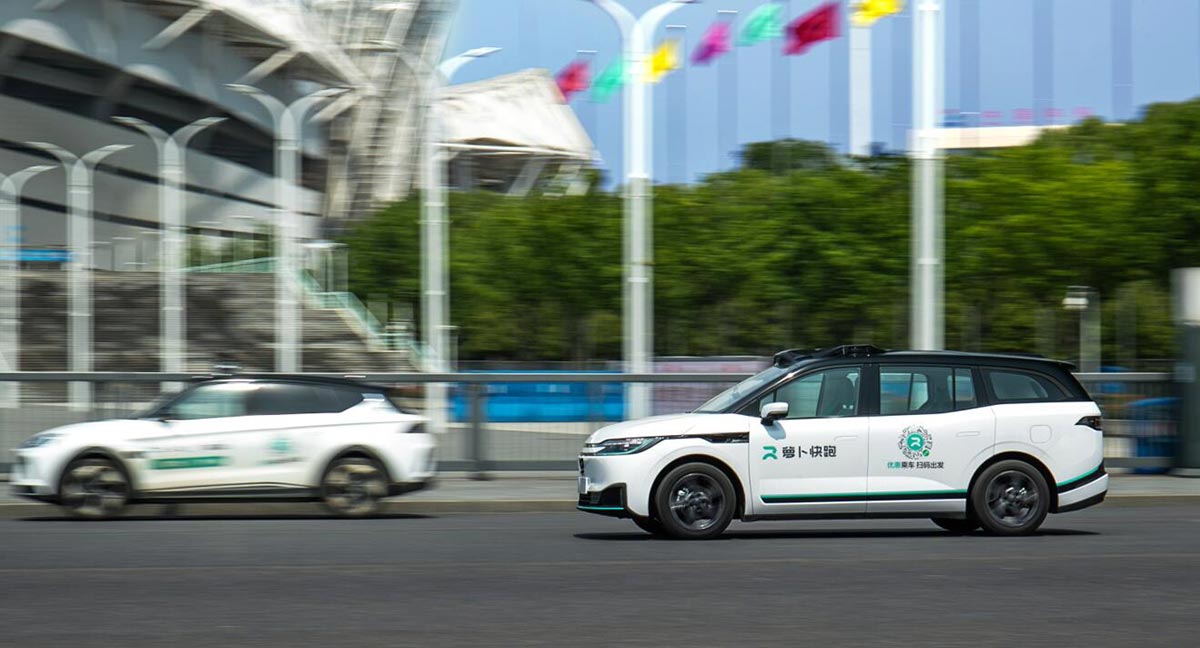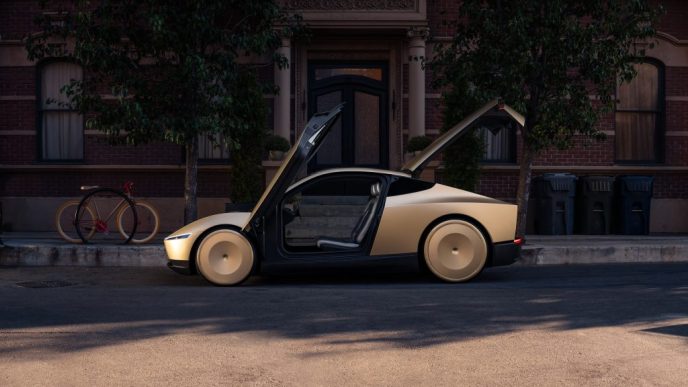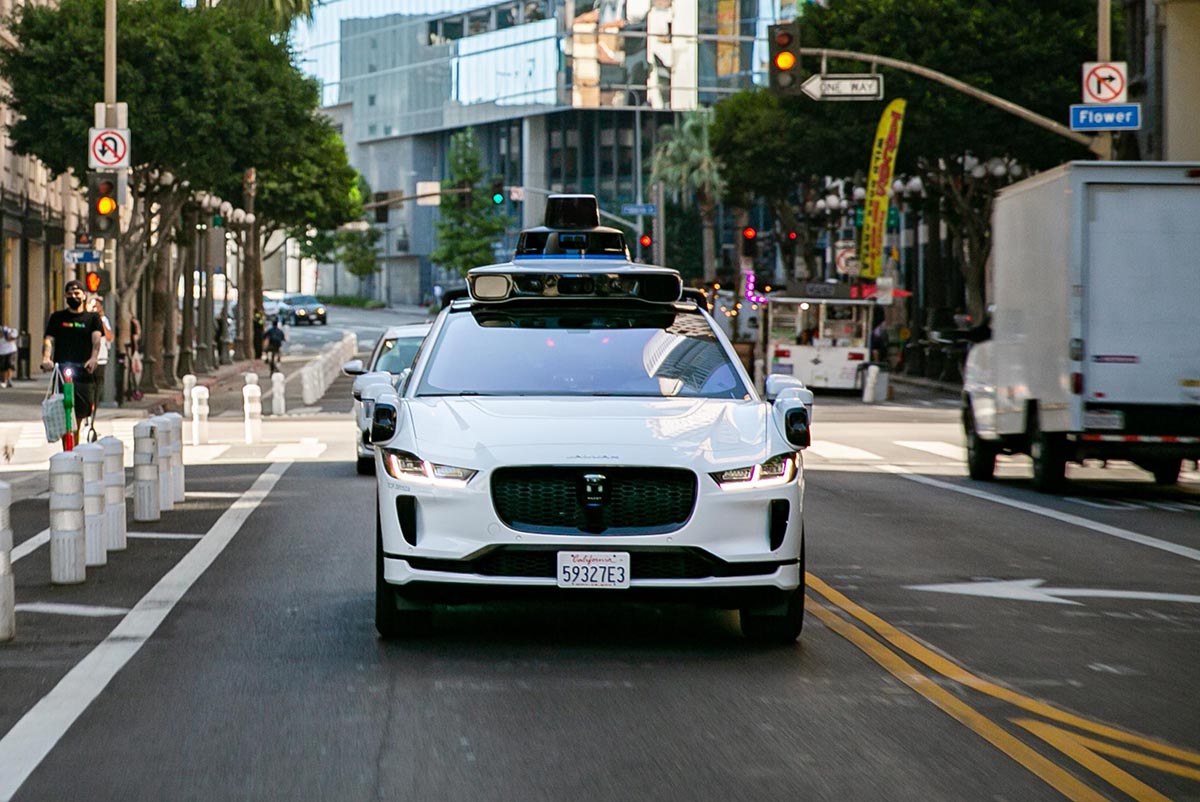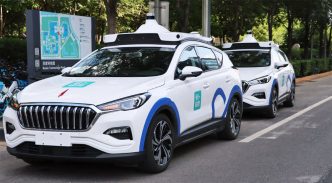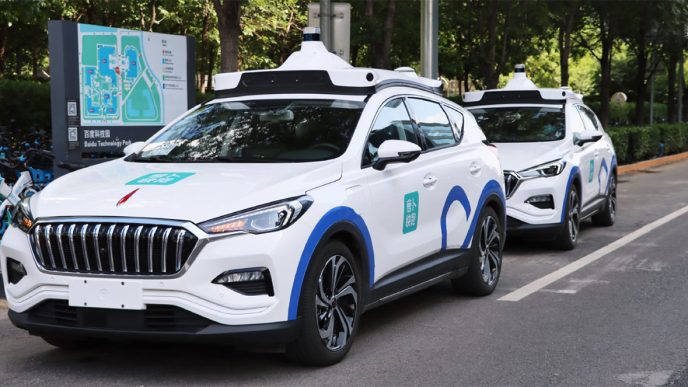Baidu is set to begin trial operations of its Apollo Go robotaxi service in Hong Kong, expanding its footprint after offering the service in over 10 cities across mainland China. The company plans to conduct the first phase of testing at Hong Kong’s airport, expected to begin by the end of this year, according to a report by local media outlet TVB.
The company has applied for a self-driving test license and an autonomous vehicle certificate from the Hong Kong Transport Department, which is currently under review. The Transport Department will oversee the trials, ensuring they are conducted in a safe and orderly manner, the report added. During the initial phase, Apollo Go will operate in off-peak hours with a backup driver who has over 10 years of experience, as outlined in government documents.
Baidu, which entered the self-driving space in 2013, unveiled its sixth-generation robotaxi in May, reducing the cost of each unit to 200,000 yuan ($27,600), a 60% decrease from the previous model. These vehicles are set to join Apollo Go’s fleet, which will see 1,000 sixth-generation robotaxis deployed in Wuhan, Hubei province by the end of 2024. As of October 28, Apollo Go had completed over 8 million rides, with a 20% year-on-year increase in ride hails during Q3 2024.
The company also reported a milestone in its autonomous vehicle production, reducing the cost of its Apollo RT6 self-driving vehicle to 250,000 yuan ($34,525), which is expected to boost the adoption of autonomous driving technology in China. Baidu is also exploring opportunities to expand Apollo Go beyond China, with discussions underway with international automakers, ride-sharing platforms, and tech companies to launch the service globally through local partnerships.

